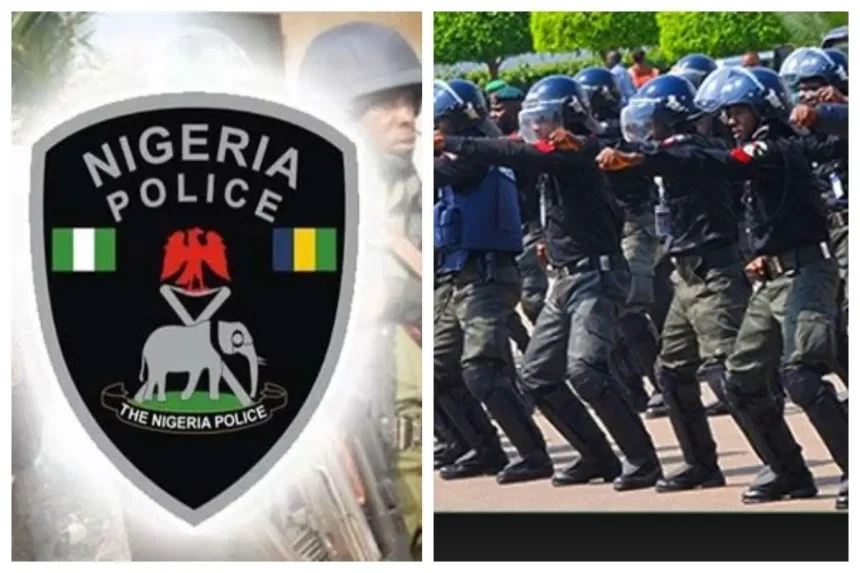The Nigeria Police Force has begun moves to review the training manual of the Force and curriculum design as part of efforts to ensure a more professional, dedicated, and people-centred police force.
The Inspector General of the Nigeria Police Force, Kayode, on Monday in Lagos, formally flagged off the comprehensive review of the manual and curriculum design.
Senior police officers from different parts of the country are expected to participate in the week-long review process.
The review is a collaboration between the Nigeria Police Force, United Nations Development Programme (UNDP), German Cooperation, and other civil society organisations.
The IGP, who was represented by the Deputy Inspector General in charge of Training, DIG Frank Mba, described the review process as one of the most transformative undertakings in the Force’s reform agenda, aimed at building a modern, professional, and people-centred police institution.
The police boss explained that the foundation of effective policing lies not in “weapons or uniforms, but in the minds we shape, the values we instil, and the ethical standards we uphold.”
He also stated that the reform was driven by a need to address emerging security threats and rising public expectations around accountability, empathy, and trust.
The police boss stated that “We are operating in a world of rising complexity where crime has evolved from street-level offences to sophisticated cyber criminal networks, transnational cartels, and ideologically driven violence.
“Simultaneously, the public we serve is demanding more accountability, more transparency, deeper empathy, and firm commitment to human rights and community trust.
“Reform is no longer optional. It is essential, not just for relevance but for the very legitimacy of our institution.”
He also continued that “The reviewed curriculum will focus on producing a new generation of officers who are professionally competent, ethically grounded, and community-oriented.”
The IGP noted that the review process is inclusive, drawing on input from veteran officers, serving personnel, academics, civil society, and international partners.
“This is not a theoretical exercise behind closed doors but a truly national collaboration.”
ALSO READ TOP STORIES FROM NIGERIAN TRIBUNE






